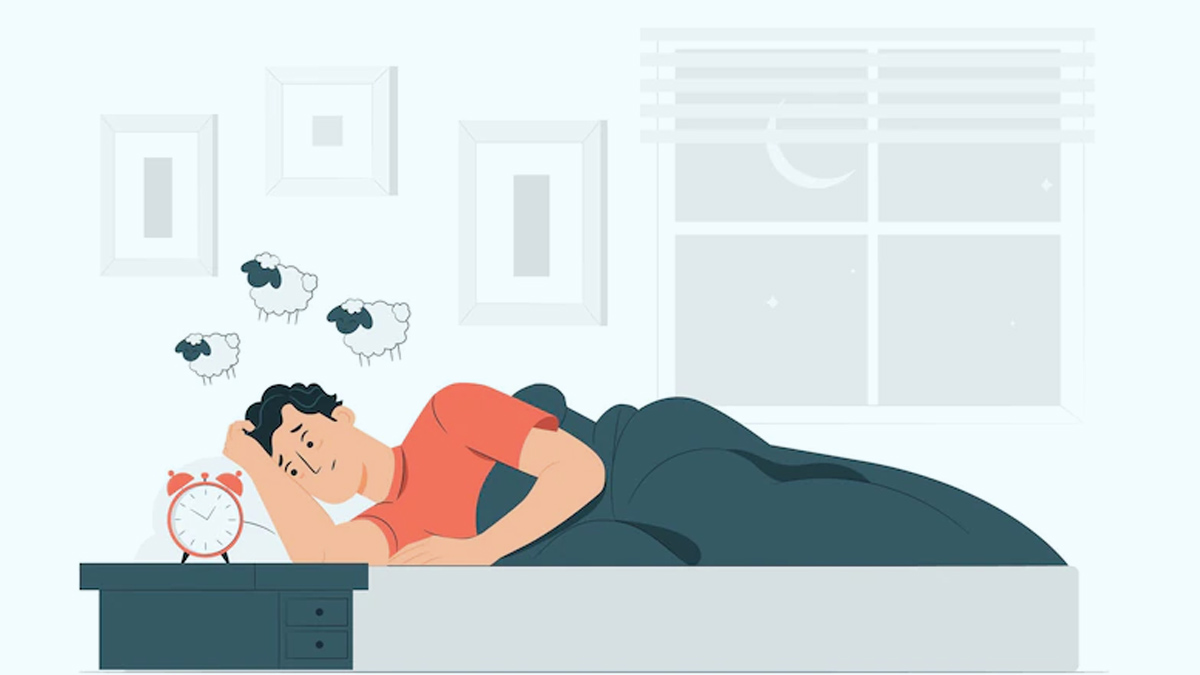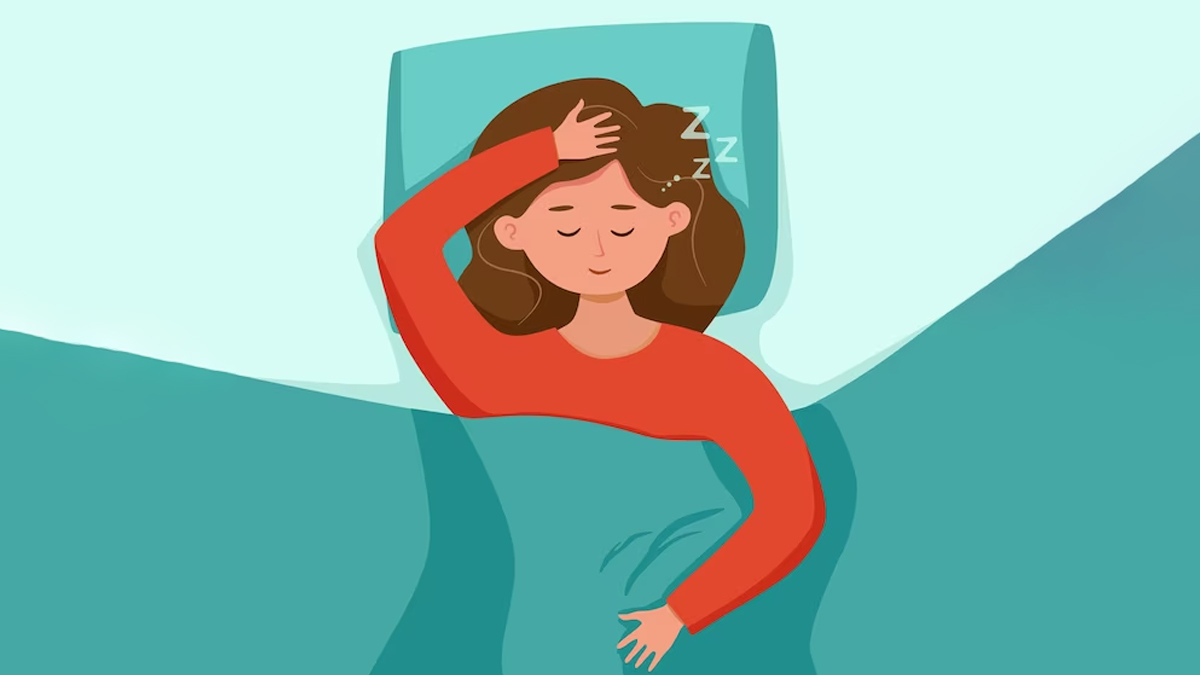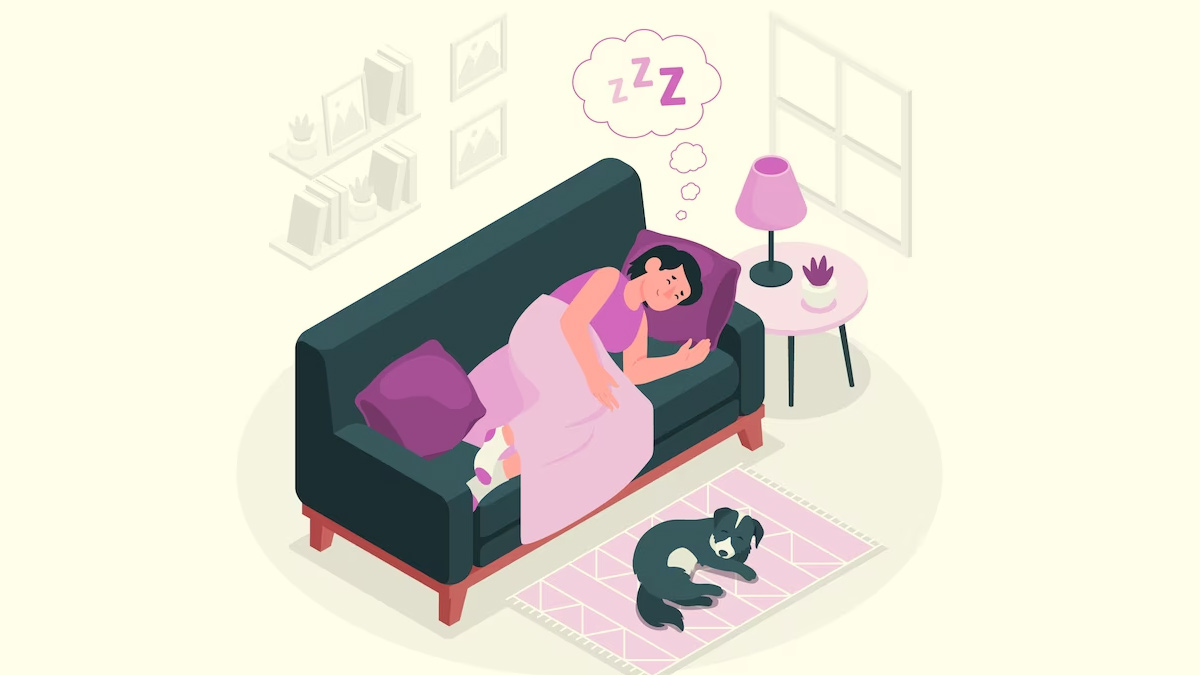
Insomnia is a common sleep disorder that can make it difficult to fall asleep, stay asleep, or wake up too early and not be able to go back to sleep. This can lead to a variety of health issues, including fatigue, mood disturbances, and decreased performance in daily activities. If you're struggling with insomnia, here are some remedies that might help you get a better night's sleep.
Table of Content:-
1. Establish a Regular Sleep Schedule
Maintaining a consistent sleep schedule is crucial for regulating your internal body clock. Try to go to bed and wake up at the same time every day, even on weekends. This consistency helps reinforce your body's sleep-wake cycle and can improve the quality of your sleep over time.

2. Create a Relaxing Bedtime Routine
Developing a calming pre-sleep routine can signal to your body that it's time to wind down. Consider activities such as reading a book, taking a warm bath, practicing gentle yoga or stretching, or listening to soothing music. Avoid stimulating activities and electronics with blue light exposure at least an hour before bed, as they can interfere with your ability to fall asleep.
Als roead: World Meditation Day 2024: Expert Explains How To Use Meditation For Insomnia And Better Sleep
3. Optimise Your Sleep Environment
Your bedroom should be conducive to sleep. Ensure that your room is cool, quiet, and dark. Consider using blackout curtains, earplugs, or a white noise machine to block out any disruptive sounds and light. A comfortable mattress and pillows that suit your sleeping preferences can also make a significant difference in the quality of your sleep.
4. Watch Your Diet and Hydration
What you eat and drink can significantly impact your sleep. Avoid large meals, caffeine, and alcohol close to bedtime, as these can interfere with your ability to fall asleep. Instead, opt for light snacks if you're hungry before bed. Foods rich in tryptophan, magnesium, and melatonin, such as bananas, almonds, and cherries, can promote better sleep.
5. Limit Naps
While short naps can be beneficial, long or irregular napping during the day can negatively affect your nighttime sleep. If you feel the need to nap, try to limit it to 20-30 minutes and avoid napping late in the afternoon or evening.

6. Stay Active
Regular physical activity can help you fall asleep faster and enjoy deeper sleep. Aim for at least 30 minutes of moderate exercise most days of the week. However, try not to exercise too close to bedtime, as this can have a stimulating effect and make it harder to fall asleep.
7. Manage Stress and Anxiety
Stress and anxiety are common culprits of insomnia. Practice relaxation techniques such as deep breathing, meditation, or progressive muscle relaxation to calm your mind before bed. Journaling your thoughts or creating a to-do list for the next day can also help clear your mind and reduce nighttime worry.
8. Use Natural Sleep Aids
Several natural supplements and remedies can help promote sleep. Melatonin, a hormone that regulates sleep-wake cycles, is available as an over-the-counter supplement and can be useful for short-term use. Herbal teas like chamomile, valerian root, and lavender have calming properties that can help induce sleep. Always consult with a healthcare professional before starting any new supplement, especially if you are on medication or have underlying health conditions.
Also read; Beat the Heat: Tips For Quality Sleep During Hot Summer Nights
9. Seek Professional Help
If you've tried various remedies and still struggle with insomnia, it may be time to seek professional help. A healthcare provider or sleep specialist can help identify underlying causes of your insomnia and recommend appropriate treatments. Cognitive Behavioral Therapy for Insomnia (CBT-I) is a highly effective treatment that addresses the thoughts and behaviors contributing to insomnia.
10. Practice Good Sleep Hygiene
Good sleep hygiene involves adopting habits that promote consistent, uninterrupted sleep. This includes:
- Limiting screen time: The blue light emitted by phones, tablets, and computers can interfere with your body's production of melatonin. Try to avoid screens for at least an hour before bedtime.
- Getting sunlight exposure: Natural light helps regulate your circadian rhythm. Aim to spend some time outside each day, especially in the morning.
- Avoiding stimulants: Caffeine and nicotine are stimulants that can interfere with sleep. Try to avoid consuming these in the late afternoon and evening.
- Keeping a sleep diary: Tracking your sleep patterns, habits, and how you feel during the day can help identify factors contributing to your insomnia.
Sleeplessness can be a challenging condition to manage, but with patience and the right strategies, you can improve your sleep quality. Establishing a consistent sleep schedule, creating a relaxing bedtime routine, optimizing your sleep environment, and practicing good sleep hygiene are essential steps toward better sleep. Additionally, addressing diet, exercise, and stress management can further enhance your ability to fall and stay asleep. If these self-help remedies do not alleviate your insomnia, seeking professional help is crucial to identify and treat any underlying issues. Prioritising sleep is vital for your overall health and well-being, so take the necessary steps to ensure you get the restorative sleep your body needs.
Also watch this video
How we keep this article up to date:
We work with experts and keep a close eye on the latest in health and wellness. Whenever there is a new research or helpful information, we update our articles with accurate and useful advice.
Current Version